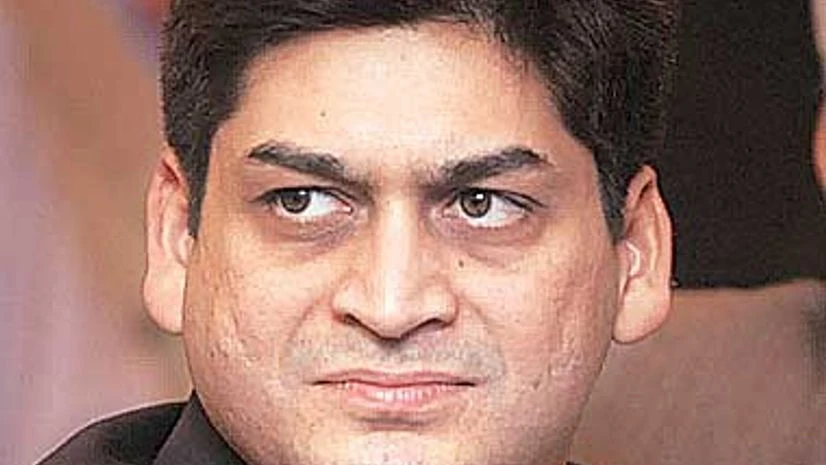In India’s largest inbound acquisition by a foreign company, the Ruias of the Essar Group on Saturday monetised their Gujarat-based refining firm Essar Oil and captive port and power units for Rs 86,100 crore, including debt, to the world’s biggest oil company Rosneft, commodity trading firm Trafigura and Russian investment fund United Capital Partners. A day after signing the transaction at the BRICS summit in Goa, Essar Group Director Prashant Ruia gives reasons for the group’s exit from its biggest revenue-earning company and the future of the group’s other businesses in steel and power and port to Dev Chatterjee and Krishna Kant. Excerpts:
The promoters had planned to keep a 24 per cent stake in Essar Oil, but you exited entirely. Why?
The philosophy of the group is to create world-class assets, scale them up and sell them at a good valuation. We had done this earlier with the sale of our 33 per cent stake in Vodafone Essar to Vodafone Plc for $5.4 billion when the total valuation of the company touched $18 billion. Essar Oil has a world-class 20 million tonnes a year refinery along with captive power and port projects. There was a lot of interest among buyers to acquire our assets. As we started negotiations, we started getting very good valuation and as offers improved, we decided to sell the entire stake.
Essar Group has been in the news for all the wrong reasons in recent months for its inability to meet Essar Steel’s debt obligations. How will this transaction change the game for the group?
The fortunes of the steel company are improving due to rising prices and demand, apart from the Indian government supporting the local industry with the minimum import price that reduced cheap imports. We plan to use the proceeds to reduce our debt both at the holding company level and at the operating companies. Together, we’ll reduce debt by Rs 75,000 crore that includes $4.5 billion (Rs 30,000 crore) of loans for the holding company. The Essar Group’s operating companies’ Rs 88,000-crore loans in India will be reduced by more than half as the new owners will take over the loans of Essar Oil, and the power and captive port businesses at Vadinar.
Also Read
What is the future of the group’s other businesses?
With this transaction, the assets of Essar Group would shrink by about 30 per cent. Our group revenue will be reduced by around $10 billion to $17 billion. The group will still have steel, power, ports, shipping and business process outsourcing businesses. We also own the Stanlow refinery in the UK. We intend to invest more in our power business, which already has 4,800 Mw of operating assets and another 1,200 Mw under construction. We’ll also invest in the steel business that was facing headwinds but is now picking up pace with almost 70 per cent capacity utilisation now from 40 per cent two years ago. The Stanlow refinery is also doing well.
Is the group’s asset sale over now?
We do not intent to sell any more assets. This transaction is big enough and the ‘new Essar’ will continue to look for more opportunities in India. The Indian economy is growing at a good rate and there are many opportunities that are opening up. We’ll also invest in our existing assets to scale them up.
Will the minority shareholders of Essar Oil, who tendered their shares during the delisting offer, get the same price paid by Rosneft and others?
We will abide by all the rules. According to an order from the Securities and Exchange Board of India, we’ll have to pay the difference between the open offer price we paid at the time of delisting and the price at which shares will be sold to Rosneft. The final price will depend on the day the money is transferred to us on the deal closure day.

)
